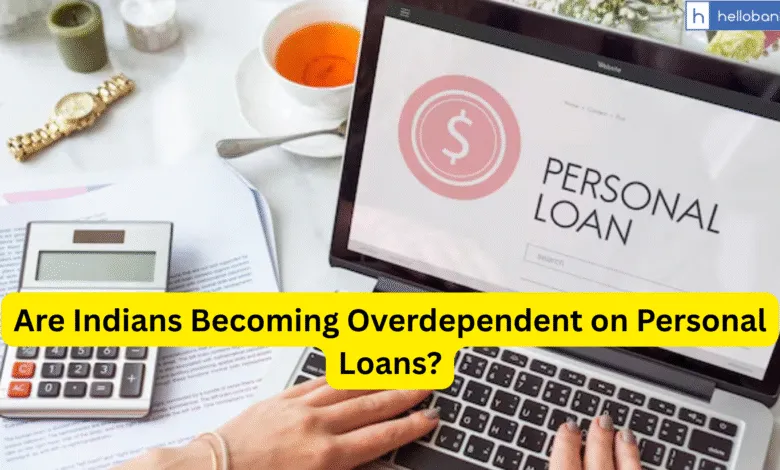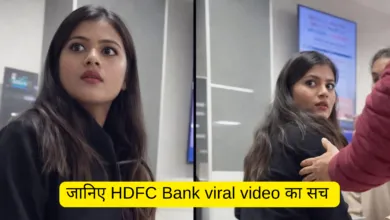Are Indians Becoming Overdependent on Personal Loans?

Personal Loans have become too easy to avail. A lot of people in India are taking personal loans and Banks are offering personal loans via digital mode. Now, customers can avail personal loans easily via mobile apps without even visiting bank branch.
A recent study by Paisa Bazaar has found that 27% of people in India are using personal loans to fund travel and entertainment expenses. Personal loans are unsecured, meaning they don’t require any security. Due to this, the interest on Personal Loans is higher than the interest on other loans.
Earlier also, RBI has cautioned Banks to be diligent while offering personal loans to customers. RBI has been quietly advising some banks to tighten their loan rules. The central bank wants banks to:
- Set stricter internal policies on who can get unsecured loans.
- Limit the loan amount based on the borrower’s credit score and past loan behavior.
- Monitor and control how many unsecured loans an individual can have at the same time.
For example, if a borrower already has two loans, like a home loan and a vehicle loan, banks should carefully check before approving a personal loan. This approach will help reduce the chances of borrowers getting overwhelmed with debt.
But What is the issue?
If people are ready to take loans and banks are ready to give them, then what problem does the RBI have? On the surface, it looks like a smooth and convenient process — customers can easily get loans through mobile apps without much hassle. However, the reality is more complex.
Some banks and lending apps have hidden terms and conditions that customers are often unaware of. There are reports of certain lenders charging extremely high interest rates, sometimes up to 20% or more, which is unfair and burdensome for borrowers.
Adding to this, the market is flooded with fake loan apps. These fraudulent platforms lure people with promises of quick money but end up trapping them in scams, stealing personal data, or even harassing them for repayment.
This is why RBI steps in — to protect consumers from unfair practices, regulate interest rates, and ensure that lending is done transparently and safely in the digital space.
Apart from high interest rates, there can be processing fees, late payment penalties, and other hidden charges that borrowers discover only after taking the loan.
Some apps offer loans with repayment terms as short as 7–15 days. This creates pressure on borrowers and often pushes them into taking more loans to meet the short deadline.
Fraudsters create fake apps or send SMS/WhatsApp messages pretending to be banks or NBFCs. They trick people into sharing OTPs or bank details, leading to financial fraud.
Many loan apps ask for access to personal data like contacts, messages, and location. This sensitive data can be misused, sold to third parties, or leaked during a data breach.
